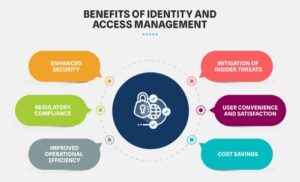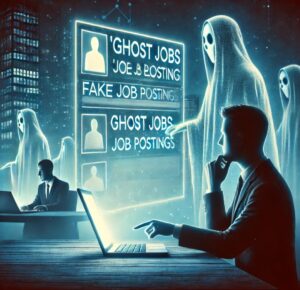
In the rapidly evolving world of leadership, the skills required to effectively manage and inspire teams have never been more crucial. The experiences we face today—dealing with remote work dynamics, overcoming toxic environments, and navigating through unprecedented economic and social challenges—demand a leadership style rooted in empathy, adaptability, and continuous improvement. Here’s how coaching has shaped my approach to leadership in the face of these challenges.
Revisiting insights from 6 years ago—see how today’s challenges reshape timeless leadership principles into actionable strategies.”
Embracing Empathy Amidst Remote Work Dynamics
As the pandemic accelerated the shift to remote work, leaders had to adapt quickly to maintaining team cohesion and morale from a distance. The skill of active listening became paramount. During virtual meetings, I learned that being fully present—actively listening to not just words but also the tone and context—helped in understanding my team’s underlying concerns and motivations. This deeper connection allowed me to address issues such as burnout and work-life balance, which are more subtle yet more impactful when working remotely.
My Story Example: In one instance, a team member seemed disengaged during meetings. By actively listening and asking open-ended questions, I discovered they were struggling with balancing their work and personal life. Together, we adjusted their workload, which led to a noticeable improvement in their performance and overall well-being.
Navigating Toxic Environments with Positive Leadership
In any career, encountering a toxic work environment is almost inevitable. It’s during these times that the coaching approach of providing feedback and encouraging positive behaviors becomes essential. Rather than contributing to the negativity, I focused on building a culture of transparency and recognition within my team, emphasizing what was going well and how we could collectively improve.
My Story Example: At one point, I joined a team where the previous management style was overly critical, leaving the team demoralized. By shifting the focus from punitive feedback to constructive and forward-looking conversations, I was able to rebuild trust and turn the team’s mindset towards growth and development. This not only improved team morale but also enhanced our overall productivity.
Overcoming Challenges with Adaptability and Innovation
Leadership today is as much about navigating ambiguity as it is about setting clear goals. The coaching skill of exploring alternative perspectives allowed me to encourage my team to think creatively and consider different solutions to the problems we faced. This was especially important when dealing with unexpected challenges such as supply chain disruptions or sudden market shifts.
My Story Example: When a critical project faced delays due to external factors, instead of pushing the team harder, I facilitated brainstorming sessions where we explored various scenarios and contingency plans. This not only led to innovative solutions but also empowered the team to take ownership of the project’s direction.
Fostering Continuous Growth through Goal Setting and Recognition
One of the most fulfilling aspects of leadership is witnessing your team’s growth. By setting SMART goals and recognizing achievements, I helped my team members see tangible progress in their careers. This approach not only motivated them but also aligned their personal growth with the organization’s objectives.
My Story Example: I worked with a team member to set specific, measurable goals around their professional development. Over the course of the year, we regularly reviewed these goals, celebrated milestones, and adjusted plans as needed. By the end of the year, not only had they achieved their goals, but they also felt more confident and engaged in their role.
Conclusion: The Lasting Impact of Coaching on Leadership
The phrase “I COACH” encapsulates a leadership philosophy that is both timeless and increasingly relevant in today’s world. By focusing on building rapport, listening actively, providing constructive feedback, exploring new ideas, setting achievable goals, and recognizing achievements, we can overcome the challenges posed by modern work environments. More importantly, we can inspire our teams to not just meet expectations, but to exceed them in ways that are meaningful and lasting.
As leaders, we must continue to refine these skills, adapting them to the changing landscape and the unique needs of our teams. In doing so, we not only elevate our own leadership capabilities but also foster an environment where every team member can thrive.






